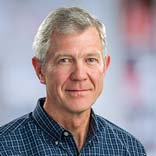
Scott Ramsey, MD, PhD
Dr. Ramsey is a physician, cancer researcher and health economist. His research interests include cancer outcomes, health care delivery, and economic evaluations of new and existing cancer screening and treatment technologies.
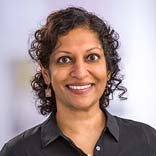
Veena Shankaran, MD, MS
Dr. Shankaran is a medical oncologist focusing on esophagus and stomach cancers. Her research interests include measuring the impact of cancer diagnosis and treatment on patients’ and caregivers’ finances and developing strategies to lessen this impact.

Christopher J. Cadham, PhD, MPH
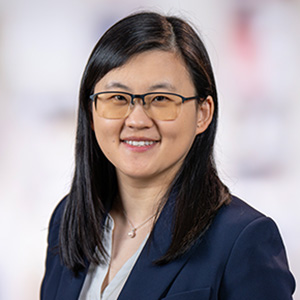
Menyang Di, MD, PhD
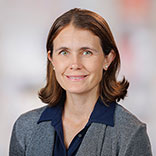
Erin Gillespie, MD, MPH
Dr. Erin Gillespie is a board-certified radiation oncologist whose research focuses on understanding variation in the quality and types of treatments people receive and identifying ways to bring best practices to patients no matter where they live. Her focus is on implementation science and the application to clinical radiation oncology, particularly on care related to breast cancer.
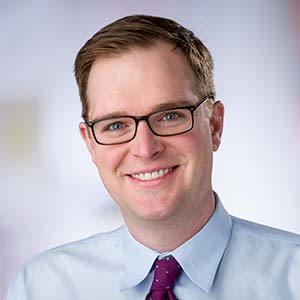
Evan Hall, MD, MPhil
Dr. Evan Hall is an oncologist who specializes in treating patients with skin and kidney cancers. His research focuses on ways to measure and improve quality of life for patients with cancer. Dr. Hall also studies physician-patient communication, the health economics of cancer and the benefits of novel modes of patient and caregiver social support, such as online communities.

Rachel Issaka, MD, MAS
Dr. Issaka is a gastroenterologist who specializes in the medical and endoscopic management of digestive diseases, including cancer-related complications that affect the gastrointestinal system. Her research focuses on understanding patient barriers to and facilitators of colorectal cancer screening; determining the factors that influence colonoscopy completion following abnormal stool-based screening tests; and identifying gaps in care to implement interventions that improve the quality of cancer control and prevention, particularly in minority populations.
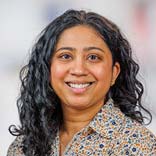
Hiba Khan, MD, MPH
Dr. Hiba Khan is a medical oncologist specializing in the treatment of prostate and bladder cancers. Her research focuses on improving the quality of cancer care delivery, with the goal of making cancer care more accessible and affordable. Dr. Khan also studies the health economics of cancer care, as well as barriers and access limitations to clinical trials, appropriate cancer therapy, and genetic testing.
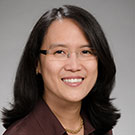
Janie M. Lee, MD, MSc
Dr. Lee’s research focuses on integrating information about patient risk factors, cancer biology and emerging technologies to develop more personalized breast cancer screening and surveillance regimens and to improve population-level outcomes.
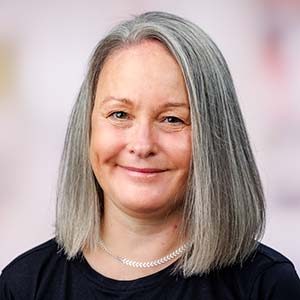
Carolyn Rutter, PhD
Dr. Rutter's research interests include microsimulation modeling and model calibration, evaluation of diagnostic and screening tests, and meta-analysis and systematic reviews, with a focus on Bayesian approaches.
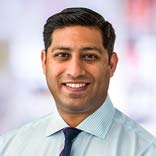
Parth Shah, PharmD, PhD
Dr. Shah is a behavioral scientist and pharmacist who integrates these two disciplines to study and improve clinical practice and health policy in cancer care delivery. His current research focuses on how pharmacies can serve as health care settings that provide cancer prevention and care services in the community, including HPV vaccinations and colorectal cancer screenings.
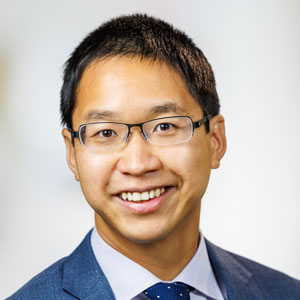
Christopher Su, MD, MPH
Dr. Christopher Su is a hematologist/oncologist who sees patients at the Hematology/Oncology Clinic at Harborview Medical Center in downtown Seattle; he treats across the spectrum of classical to malignant hematology. Dr. Su also researches financial toxicity — the financial burden imposed on patients due to repeated appointments, hospitalizations, drug copayments, lost work and psychological distress — and how it affects outcomes in patients with cancer.